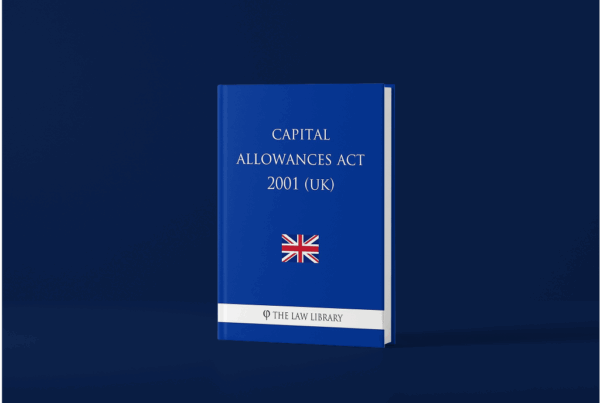Capital Allowances have long been a cornerstone for many astute commercial property owners, offering businesses and individuals an avenue to offset their taxable income through investments in assets.
However, the fiscal landscape underwent a significant transformation with the initiation of the Super-Deduction in the financial year 2021-2022 and its eventual replacement with Full Expensing as of 31st March 2023.
The Super-Deduction Era
Inaugurated on 1st April 2021, the Super-Deduction was introduced as an augmented capital allowance. It enabled companies to deduct a whopping 130% of the value of their investment in the very first year, a considerable enhancement from the previously available 100% under the Annual Investment Allowance or the 18% Writing-Down Allowance.
Furthermore, the financial year 2021-2022 also witnessed the launch of a special rate first-year allowance, allowing firms to subtract 50% of their investment costs from their pre-tax profits.
The Impact of the Super-Deduction
Value of Capital Allowance claims minus balancing charges between financial year 2016 to 2017 and 2021 to 2022

An examination of the graph above, illustrates the value of Capital Allowance claims minus balancing charges from financial years 2016-2017 to 2021-2022, brings forth several intriguing insights:
- Uptick in Total Capital Allowances Claims: During the fiscal year 2021-2022, the total capital allowances claims (minus the balancing charges) escalated to £121 billion, marking a robust increment of over £21 billion (or 22%) from the previous year.
- Resurgence from Pre-Pandemic Levels: The Capital Allowance claims for the financial year 2021-2022 surpassed the pre-pandemic figures from 2019-2020 by a notable £13 billion, a 12% increase.
- Super-Deduction’s Monumental Contribution: A key catalyst behind this surge in 2021-2022 was undeniably the Super-Deduction, contributing a substantial £30 billion, amounting to 26% of the total claims.
- Downtrend in Machinery and Plant – Main Pool: While the Super-Deduction flourished, the largest capital allowance category, the Machinery and plant – main pool, experienced a decline by about £10 billion in the recent financial year. This downturn is presumably a consequence of the super-deduction’s introduction.
Yet, a broader perspective is essential. The data for 2021-2022 captures only company accounting periods concluding between 1st April 2021 and 31st March 2022. With the Super-Deduction’s debut in April 2021, a sizeable portion of investments reported in this fiscal year would not have qualified for the super-deduction, having been made prior to its inception.
Full Expensing: The New Dawn
However, as with all fiscal instruments, change is inevitable. The Super-Deduction bid adieu on 31st March 2023, making way for its successor – Full Expensing. This new regime promises to be another pivotal tool for businesses, and details on its operations and impact will be keenly observed in the coming financial years.
The Super-Deduction era, albeit brief, marked a significant phase in Capital Allowances, invigorating investments with its generous tax reliefs. Now, with Full Expensing taking the helm, it remains to be seen how businesses will adapt and benefit from this latest fiscal instrument.
As always, businesses need to stay abreast of these changes to harness their full potential.




